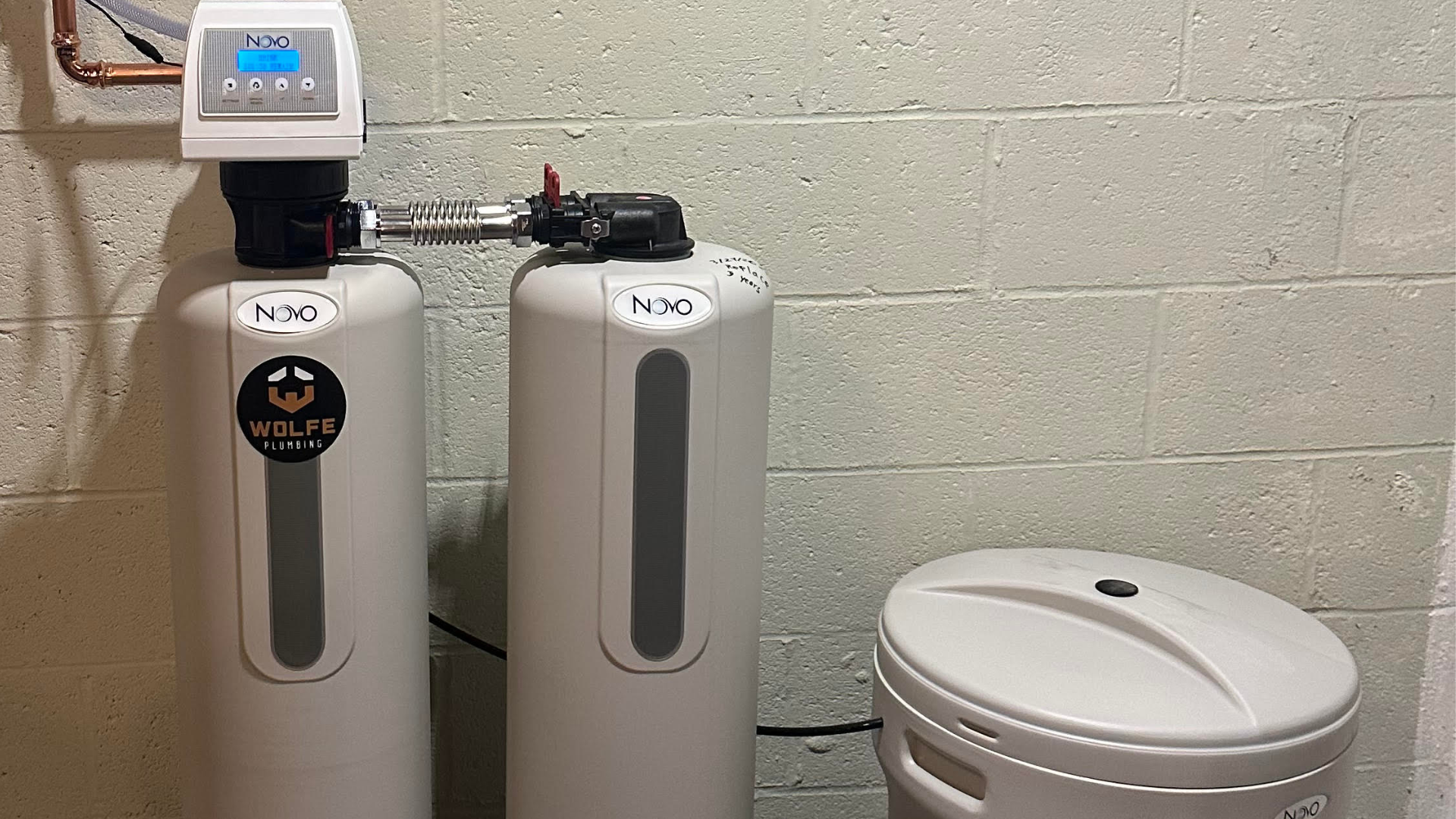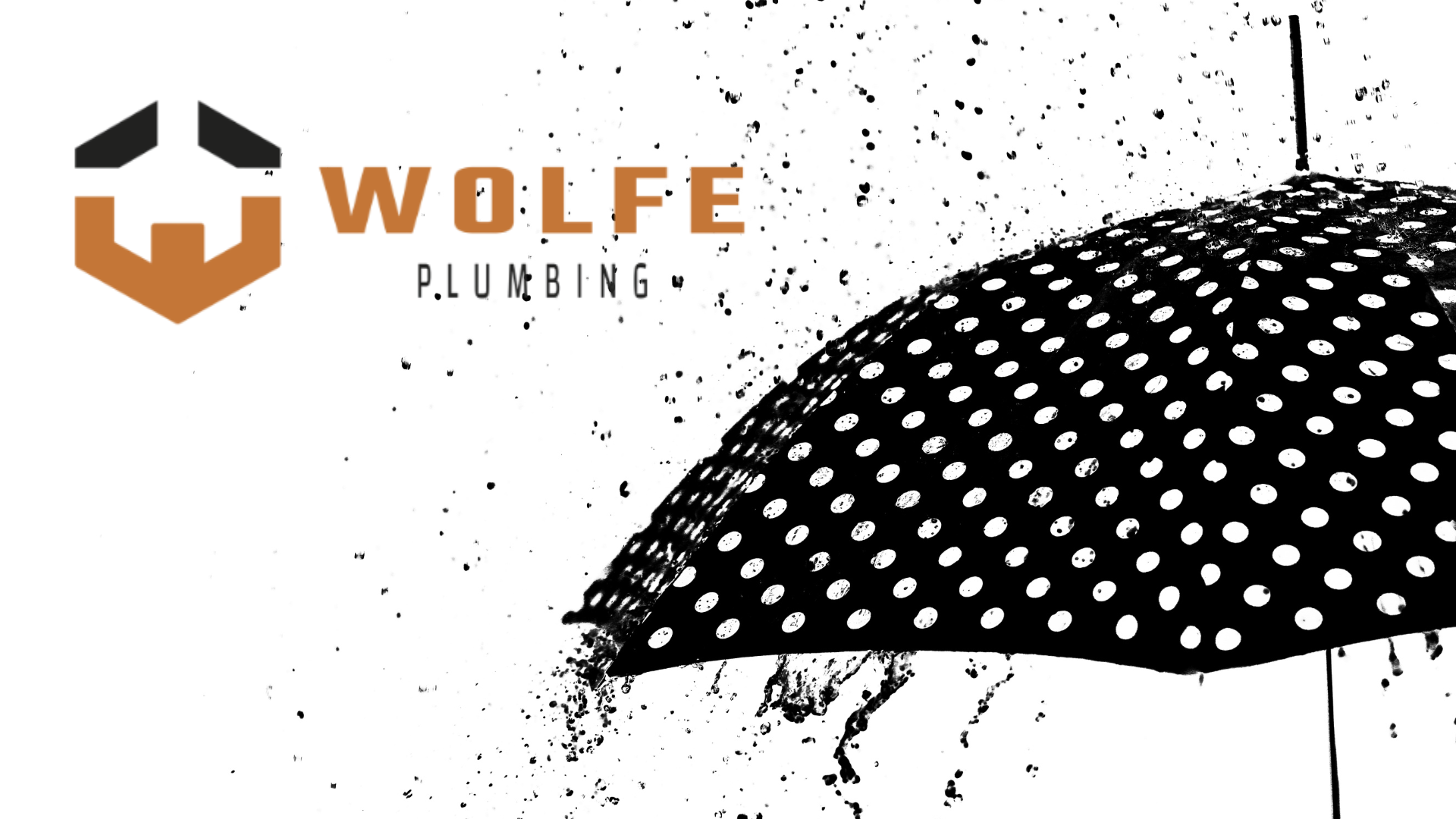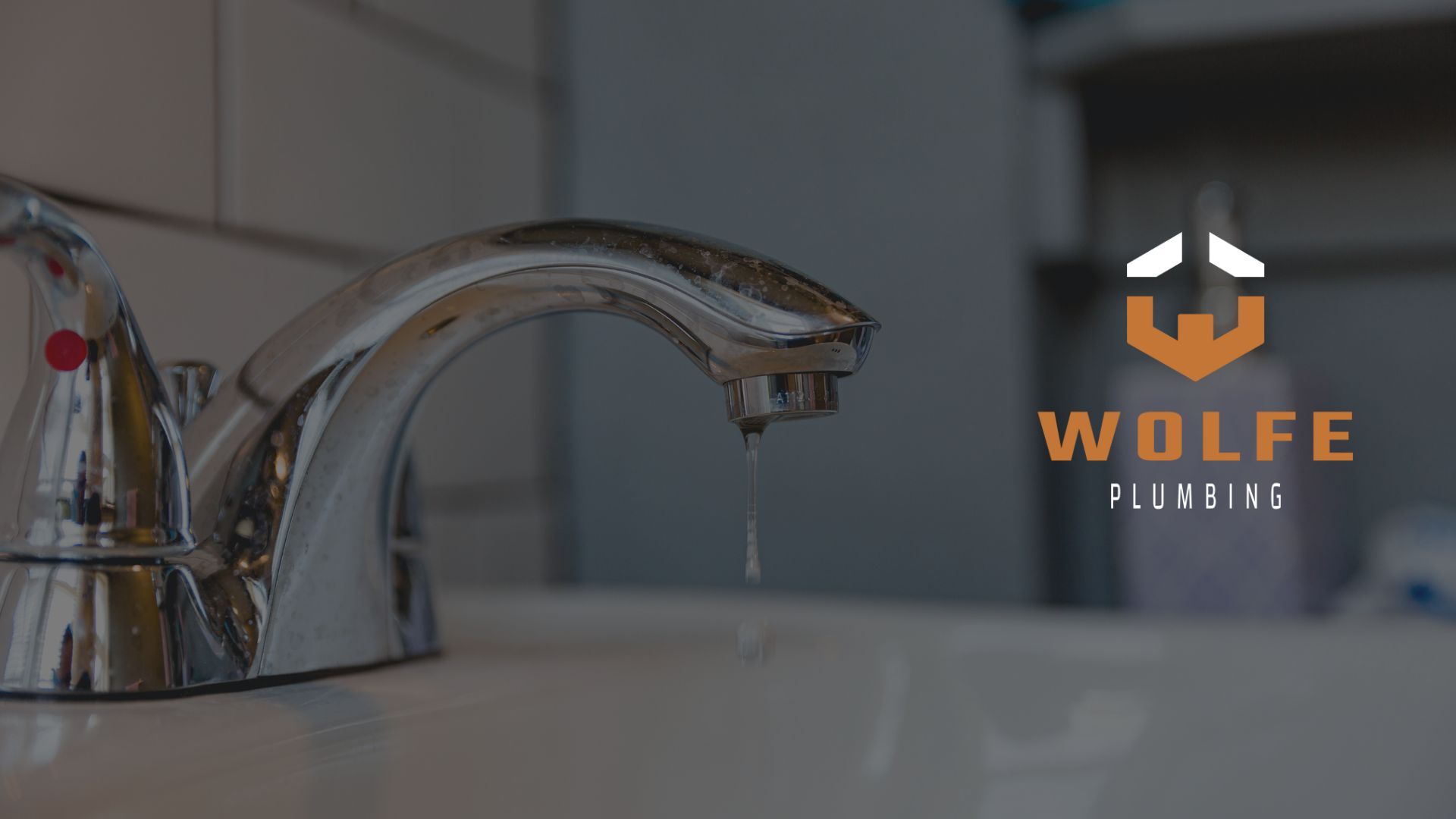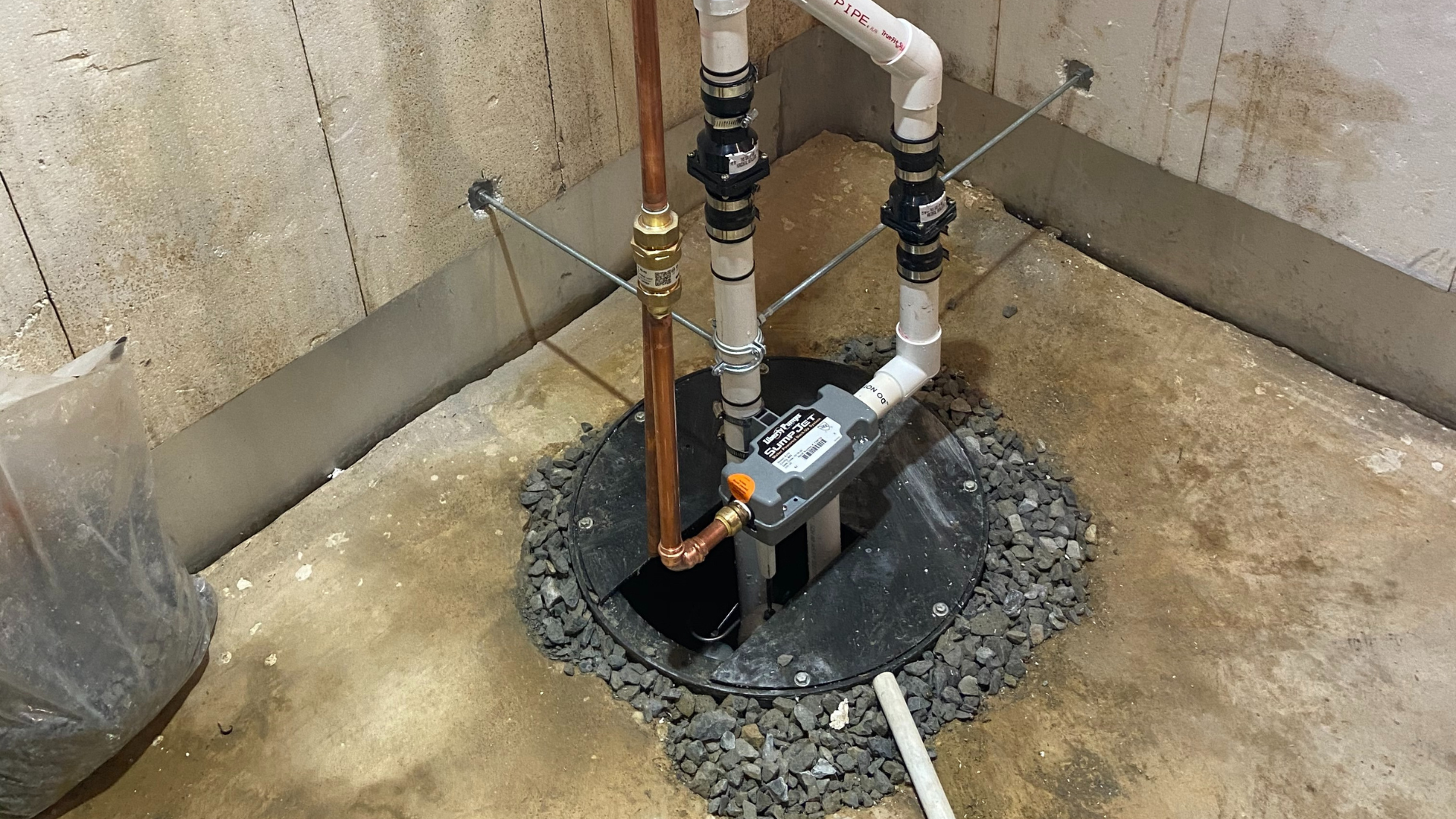The Essential Guide to Water Filtration Systems: Ensuring Clean and Safe Drinking Water

In an era where environmental pollution and industrial activities are at an all-time high, ensuring access to clean and safe drinking water has become more critical than ever. Water filtration systems offer a reliable solution to this problem, providing households and businesses with purified water free from contaminants. This blog post will explore the different types of water filtration systems, their benefits, and how to choose the right one for your needs.
Understanding Water Filtration Systems
Water filtration systems are designed to remove impurities and contaminants from water, making it safe for consumption. These systems use various methods to filter out particles, bacteria, viruses, and chemicals, ensuring that the water is clean and tastes better. Here are some common types of water filtration systems:
- Activated Carbon Filters:
- How They Work: Activated carbon filters use a process called adsorption, where contaminants stick to the surface of the carbon particles.
- Benefits: Effective at removing chlorine, sediment, volatile organic compounds (VOCs), and improving the taste and odor of water.
- Ideal For: Households looking to improve the taste and quality of their tap water.
- Reverse Osmosis Systems:
- How They Work: These systems use a semipermeable membrane to remove a wide range of contaminants, including dissolved salts, lead, and other heavy metals.
- Benefits: Provides highly purified water, removes a broad spectrum of contaminants.
- Ideal For: Those who want a comprehensive solution to remove most impurities from their water.
- UV Water Purifiers:
- How They Work: Ultraviolet (UV) purifiers use UV light to kill bacteria, viruses, and other microorganisms.
- Benefits: Highly effective at disinfecting water without adding chemicals or altering the taste.
- Ideal For: Areas with biological contaminants, such as well water or water sources prone to bacterial contamination.
- Ceramic Filters:
- How They Work: Water passes through a ceramic filter, which has tiny pores that trap bacteria, sediment, and other impurities.
- Benefits: Long-lasting and effective at removing bacteria and protozoa.
- Ideal For: Rural or outdoor settings where microbial contamination is a concern.
- Distillation Systems:
- How They Work: Water is boiled to produce steam, which is then condensed back into liquid form, leaving contaminants behind.
- Benefits: Effective at removing most contaminants, including heavy metals and microorganisms.
- Ideal For: Those who want a method that can purify even the most contaminated water sources.
Benefits of Water Filtration Systems
Investing in a water filtration system comes with numerous benefits:
- Healthier Drinking Water: Removes harmful contaminants such as lead, chlorine, and bacteria, reducing the risk of waterborne illnesses.
- Improved Taste and Odor: Eliminates unpleasant tastes and smells caused by chlorine, sulfur, and other chemicals.
- Environmental Impact: Reduces the need for bottled water, decreasing plastic waste and carbon footprint.
- Cost-Effective: While there is an initial investment, filtered water is cheaper in the long run compared to buying bottled water.
- Convenience: Provides a continuous supply of clean water directly from your tap.
Choosing the Right Water Filtration System
Selecting the right water filtration system depends on several factors:
- Water Quality: Test your water to identify the specific contaminants you need to remove.
- Budget: Determine how much you are willing to spend on a filtration system and ongoing maintenance.
- Flow Rate: Consider the amount of filtered water you need daily.
Installation and Maintenance: Some systems require professional installation and regular maintenance, while others are more user-friendly.
Conclusion
Water filtration systems are essential for ensuring access to clean, safe drinking water. By understanding the different types of filtration methods and their benefits, you can make an informed decision about the best system for your needs. Investing in a quality water filtration system not only protects your health but also contributes to a more sustainable environment. Make the smart choice today and enjoy the peace of mind that comes with pure, great-tasting water.
Feel free to reach out if you have any questions or need further guidance on choosing the right water filtration system for your home or business!










